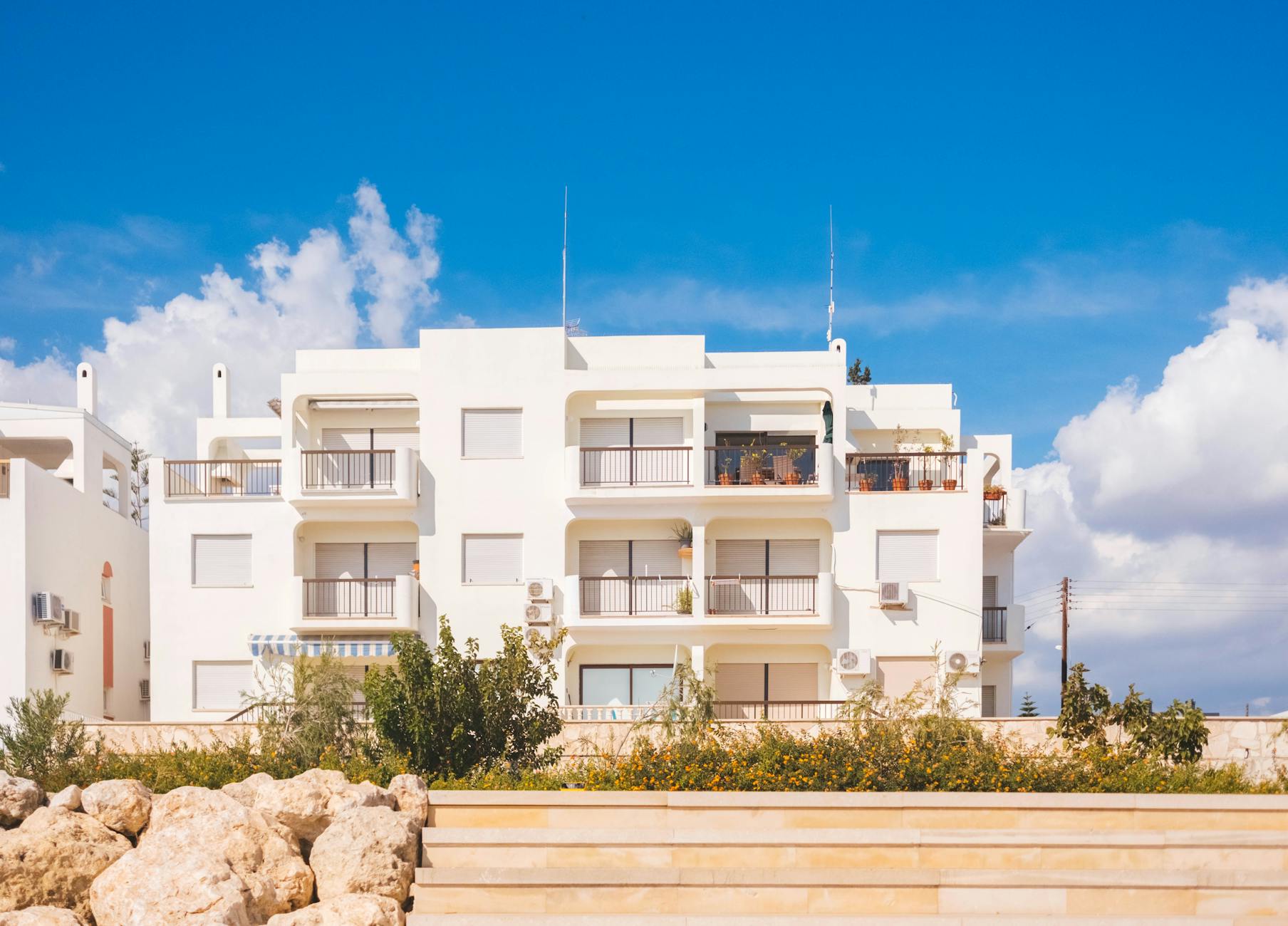How to Navigate the Australian Housing Market with a Focus on Sustainability

Assessing Market Trends
Understanding the Australian housing market, especially the sustainable sector, is critical for anyone aspiring to build or invest in new construction homes melbourne fl. In this context, it’s crucial to focus on areas of consistent growth and sustainability. This is particularly evident when examining real estate hotspots like thornhill park estate, which represent significant opportunities for both investment and long-term value.
Sustainable Development Hotspots
In striving to keep pace with Brisbane City Hall’s commitment to green infrastructure, sustainable hotspots are gaining traction. Locations like Thornhill Park Estate provide innovative options for a first home builder looking towards eco-friendly solutions. These areas are not only about eco-efficiency but also represent a scalable model for sustainable growth. As these regions continue to expand, they create a sustainable environment ideal for future-proofed investments.
Latest Eco-Friendly Building Trends
As we engage with more sustainable designs, the impact of engineering solutions, reminiscent of those at Queensland University of Technology's engineering faculty, can’t be overstated. From smart water systems to energy-efficient buildings, the move towards sustainability is reshaping property designs. New materials and construction techniques not only enhance environmental sensitivity but also reduce long-term costs and increase property value for investors.
Emerging Green Suburbs
Attention to emerging green suburbs is key for sustainable investment in Australia. These areas, driven by advancements seen in the Brisbane CBD's sustainable offices, highlight the potential of eco-conscious urban planning. As these suburbs develop, they provide tangible benefits such as lower energy consumption and improved living conditions. Emphasizing these elements can ultimately create worthwhile investment opportunities while maintaining the planet's health for future generations.
Identifying Eco-Certifications
When delving into sustainable property investments, identifying eco-certifications becomes paramount. Eco-certifications authenticate a property’s adherence to sustainability standards and environmentally friendly building practices. Notable certifications such as Green Star or the NABERS rating provide valuable insights into a building's environmental performance. Particularly in Brisbane, office buildings in the CBD showcase these certifications, demonstrating a commitment to sustainability. Similarly, display homes craigieburn are incorporating eco-friendly designs, ensuring energy efficiency and sustainable living solutions.
Understanding these certifications is vital for any potential investor. It helps ascertain the sustainability features and energy efficiency incorporated into properties in diverse locales, such as the best suburbs for investment property melbourne. These indicators not only define the property's current performance but also project its potential long-term savings on energy costs.
Furthermore, looking into specific energy-efficient features like double-glazed windows, high-quality insulation, and solar panel installations can significantly impact your investment’s attractiveness. Properties in areas with houses like houses for sale riddells creek often offer these sustainable amenities, appealing to a market increasingly seeking eco-friendly living spaces.
For instance, while seeking properties, I consider both the property's eco-certification and the practical features contributing to its sustainability. The value these bring not only benefits the environment but enhances property desirability in a competitive market. Achieving this balance ensures your investment aligns with both sustainability goals and financial returns.
Navigating Market Challenges
Overcoming Data Complexity
In my experience as a structural engineer, understanding the complexity of real estate data is crucial for making informed decisions, especially in Australia’s evolving housing market. Comprehensive data analysis can often be daunting, but approaching it systematically can illuminate patterns and trends. For those interested in identifying sustainable property for sale Gisborne, leveraging detailed market reports and geographic information systems is invaluable. In Brisbane, for example, Queensland University of Technology's engineering faculty offers resources that might help demystify real estate data analysis by incorporating environmental metrics into real-time interpretations.
Avoiding Greenwashing Pitfalls
Greenwashing—the practice of labelling something eco-friendly without backing it up—poses a significant challenge. As seasoned investors or developers, it’s essential to dig deeper than marketing materials. Look for third-party certifications and verifiable sustainability claims. Tools such as Life Cycle Assessment (LCA) can provide a holistic view of a building’s environmental impact, ensuring that claims of sustainability are genuine.
Analyzing Market Data for Insights
Efficiently analysing market data can dramatically alter your approach to sustainable building investments. Regularly reviewing geographical and financial data helps pinpoint opportunities like display homes Tarneit Victoria that boast genuine sustainability features. In Brisbane’s CBD, particularly in sustainable office buildings, trends often reveal transitions in sustainable practices. These insights can serve as benchmarks for what to expect in terms of initial cost and long-term savings from energy efficiencies. Embracing such analytical strategies empowers informed decisions without guesswork.
Leveraging Tech Tools
Best Apps for Market Analysis
In my experience as a structural engineer from Brisbane, technology has become an indispensable asset in evaluating homes for sale kilmore. Several mobile apps have proven valuable in analysing market trends and sustainability practices. These tools provide updates on property values, emerging green technologies, and local building codes, helping you make well-informed decisions. Apps like CoreLogic and realestate(dot)com allow you to access comprehensive property data and refine your search according to eco-friendly criteria.
Virtual Tours & 3D Models
When it comes to modern real estate, visualisation is key. With virtual tours and 3D models, you can explore properties without stepping outside your home. These tools are particularly beneficial for assessing houses for sale diggers rest from afar. They offer detailed views of floorplans, fixture placements, and room layouts, invaluable features when analysing a property's space and determining its suitability for sustainable enhancements. By examining these virtual representations, you can gauge residential designs and finishes with an eye towards energy efficiency and green building practices.
Utilizing AI for Decision Making
Artificial Intelligence (AI) streamlines the decision-making process by interpreting vast amounts of data quickly and efficiently. AI can predict property trends and performance based on historical data, helping you identify promising investment opportunities. Particularly in the Brisbane CBD, where sustainable office buildings are a priority, AI tools help evaluate factors like potential energy savings and long-term environmental impacts. Integrating AI into your analysis not only saves time but also empowers you with insights critical for adopting sustainable practices.
Common Pitfalls in Sustainable Real Estate
Misjudging a Property's Eco-Value
It's easy to get swept up in marketing rhetoric around sustainable homes and overlook the true eco-value of a property. Many assume a few solar panels or an energy-efficient appliance qualifies a property as truly eco-friendly. However, comprehensive sustainability is akin to the multifaceted designs discussed by Queensland University of Technology’s engineering faculty. Consider the building's lifecycle, materials used and its embedded carbon footprint. Prioritise properties utilising recycled materials such as steel beams or concrete. Engage a professional assessment from a firm familiar with sustainable office buildings in the Brisbane CBD for a more accurate evaluation.
Ignoring Local Regulations
Neglecting local regulations can complicate real estate ventures significantly. Consult with Brisbane City Council to navigate Australia’s stringent building codes and restrictions. These can affect, for instance, renovations involving renewable installations. Also, be mindful of Brisbane projects under the Planning Act of 2016, which drives the city's sustainable growth. Ignorance here could mean fines or, worse, structural non-compliance.
Overlooking Long-term Benefits
Focusing solely on immediate costs is short-sighted, especially in sustainable construction. Instead, consider long-term benefits like reduced utility bills, increased comfort, and property resale value. For instance, investing in properties with integrated water management systems could emulate the advanced work seen in sustainable buildings around the Brisbane CBD. Such systems often lead to considerable savings. By integrating these practices, you're not only contributing to wider ecological efforts but safeguarding your financial future as well.


